Factory Tour
Exploring the Impact of 51.2v Lifepo4 Boat Battery Innovations at the Canton Fair 2025
The 138th Canton Fair in 2025 serves as a pivotal platform for showcasing innovative technologies in various industries, particularly in the marine sector. Among these, the advancements in the 51.2v Lifepo4 Boat Battery have garnered significant attention due to their potential to revolutionize energy storage solutions for marine applications. Recent industry reports indicate that the global marine battery market is expected to grow at a compound annual growth rate (CAGR) of 20% from 2021 to 2028, driven by a growing demand for sustainable and efficient power sources in boating and maritime activities.
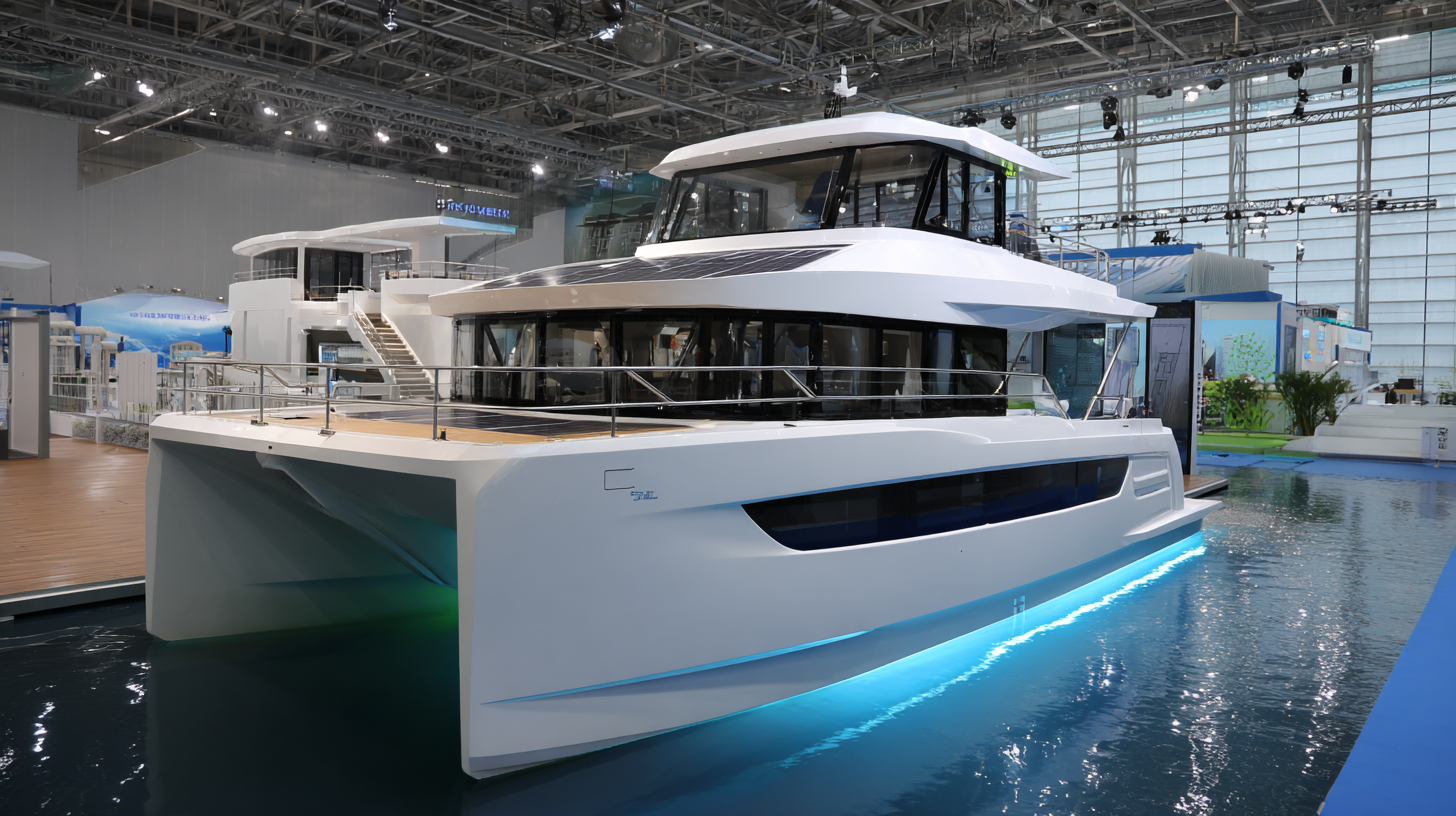
The introduction of the 51.2v Lifepo4 Boat Battery, with its impressive energy density and longevity, positions it as a superior alternative to traditional marine batteries. With features such as lightweight design and enhanced safety, these innovations are set to redefine performance standards in the boating industry, making them a focal point of discussion at the Canton Fair in 2025.
Innovative Features of 51.2V Lifepo4 Boat Batteries Showcased at Canton Fair 2025
At the Canton Fair 2025, the innovative features of 51.2V Lifepo4 boat batteries took center stage, showcasing advancements that promise to revolutionize marine energy solutions. These batteries are recognized for their lightweight design combined with robust performance, making them ideal for a variety of boating applications. The incorporation of smart technology allows users to monitor battery health and performance in real time, enhancing safety and efficiency on the water.
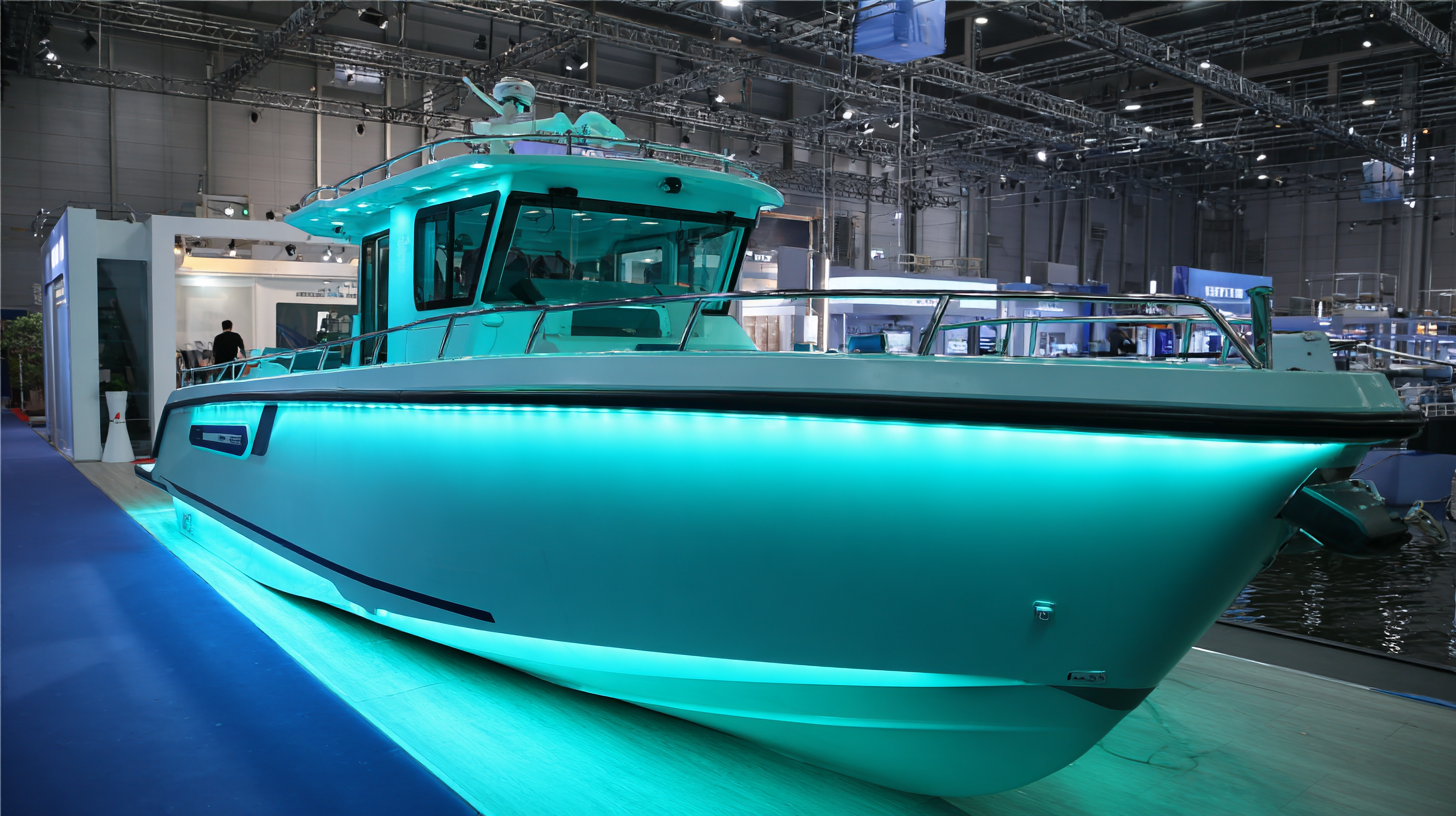
Another standout innovation is their fast charging capability, which significantly reduces downtime between trips. This feature, along with improved thermal management systems, ensures that the batteries operate efficiently even in challenging weather conditions. Additionally, exhibitors highlighted the sustainability aspect of Lifepo4 technology, as these batteries are made from non-toxic materials and offer a longer lifespan compared to traditional batteries. The emphasis on eco-friendly solutions at the Canton Fair reflects a growing trend towards greener technologies in the boating industry, positioning 51.2V Lifepo4 batteries as a leading choice for environmentally conscious mariners.
Sustainability and Efficiency: The Growing Importance of Lifepo4 Technology in Marine Applications
The growing importance of LiFePO4 technology in marine applications cannot be overstated, as it combines sustainability with operational efficiency. Recent industry reports estimate that the global market for lithium iron phosphate (LiFePO4) batteries will reach $10.25 billion by 2026, driven primarily by their adoption in marine settings. With their high energy density and longevity, these batteries offer boat owners a more sustainable alternative to traditional lead-acid batteries, which can contribute to environmental degradation through hazardous waste and lower cycle life.
At the Canton Fair 2025, innovations in 51.2v LiFePO4 boat batteries are set to be a focal point of discussion among industry leaders. LiFePO4 batteries are known for their safety, thermal stability, and low environmental impact, which aligns perfectly with today’s emphasis on eco-friendly maritime solutions. Furthermore, the ability to fully charge these batteries in just a few hours enhances their practicality for marine use, making them an attractive choice for both recreational and commercial vessels. This significant shift towards sustainable battery technology is poised to reshape the marine industry, marking a critical step towards greener boating practices.
Comparative Analysis: Lifepo4 Boat Batteries vs. Traditional Marine Battery Solutions
The comparative analysis of LiFePO4 (Lithium Iron Phosphate) boat batteries against traditional marine battery solutions unveils significant advancements in performance, safety, and longevity. According to a report by the Battery University, traditional lead-acid batteries typically have a cycle life of around 500 cycles, while LiFePO4 batteries boast an impressive 2,000 to 5,000 cycles. This extended lifespan translates to reduced replacement costs and less frequent maintenance, making them a more economical choice for boat owners in the long run.
Moreover, the energy density of LiFePO4 batteries is a game changer for marine applications. Industry statistics show that LiFePO4 batteries can deliver up to 150 Wh/kg compared to the 30-50 Wh/kg offered by traditional lead-acid batteries. This higher energy density allows for more compact installations and lighter vessels, which contributes to better performance and fuel efficiency on the water. As a result, the adoption of LiFePO4 technology is rapidly increasing, with projections indicating a growth rate of 20% annually in the marine battery sector over the next five years. This trend was notably highlighted at the Canton Fair 2025, where innovations in LiFePO4 technology were a focal point for attendees seeking sustainable and efficient solutions for their marine needs.
Industry Trends: Future Prospects for Lifepo4 Innovations in the Boating Sector
The boating industry is witnessing a transformative shift with the incorporation of advanced technologies, particularly in lithium iron phosphate (LiFePO4) battery innovations. According to a report by Allied Market Research, the global marine battery market is projected to reach $1.2 billion by 2027, growing at a CAGR of 12.5%. This surge is largely attributed to the increasing demand for eco-friendly and energy-efficient alternatives in recreational and commercial boating. The 2025 Canton Fair will showcase cutting-edge 51.2V LiFePO4 boat batteries, which exemplify this trend of sustainable innovation in marine applications.
As the industry pivots towards cleaner energy solutions, the LiFePO4 batteries stand out due to their impressive cycle life and safety features compared to traditional lead-acid batteries. Research shows that LiFePO4 batteries can last over 2,000 charge cycles, significantly enhancing the longevity and reliability of marine vessels. Furthermore, the shift is indicative of a broader trend where manufacturers are investing in R&D to develop lightweight, high-capacity batteries that comply with environmental regulations and meet consumer demands for longer trips and faster charging times. With renewable energy technologies on the rise, the future prospects for LiFePO4 innovations in the boating sector appear promising, heralding a new era of sustainable maritime adventures.
Impact of 51.2v Lifepo4 Boat Battery Innovations at the Canton Fair 2025
Networking Opportunities at the Canton Fair: Connecting Stakeholders in Marine Battery Development
The upcoming Canton Fair in 2025 presents a unique opportunity for marine battery stakeholders to engage in meaningful networking. As the industry pivots towards sustainable practices, the advancements in 51.2v Lifepo4 boat batteries will be at the forefront of discussions. Participants from various sectors, including manufacturers, researchers, and policymakers, will converge to share insights and strategies to enhance battery technology while achieving maritime decarbonisation goals. This collaborative environment fosters partnerships that can drive innovation and accelerate the transition towards greener marine solutions.
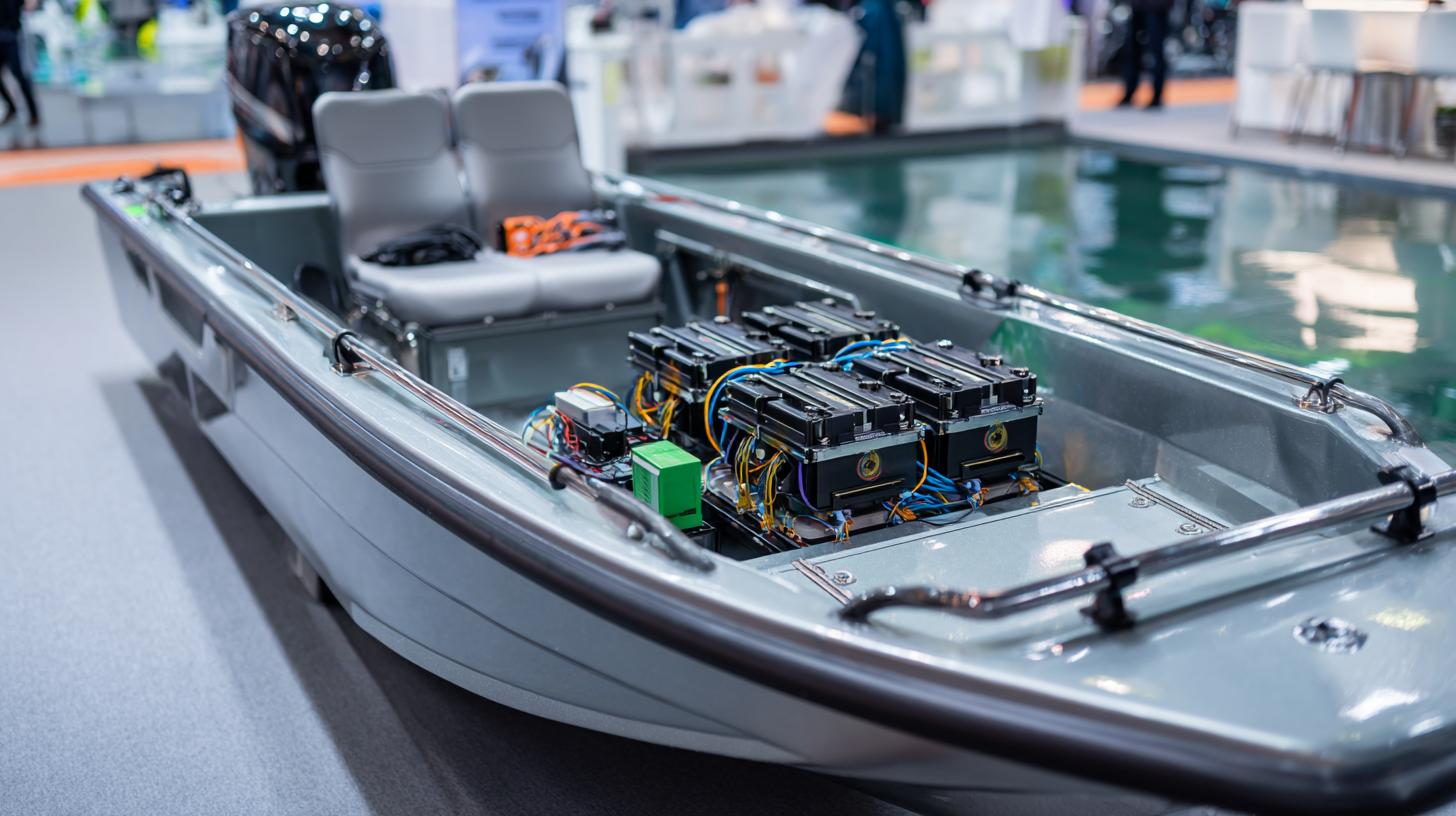
In light of similar initiatives, such as the Maritime Decarbonisation conference in Amsterdam, the Canton Fair will serve as a vital platform where attendees can draw lessons from global trends in emissions reduction and electrification. The emphasis on sustainability will not only spotlight new technologies but also encourage the exploration of circular economy practices, much like the recent introduction of eco-friendly materials derived from recycled components. By connecting stakeholders and promoting dialogue, the Canton Fair aims to facilitate the exchange of ideas crucial for the future of marine battery development and environmental stewardship.
Related Posts
-
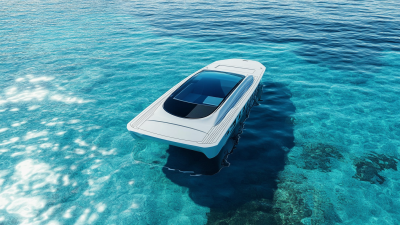
2025 Technology Trends Shaping the Future of Best 51.2v Lifepo4 Boat Batteries
-
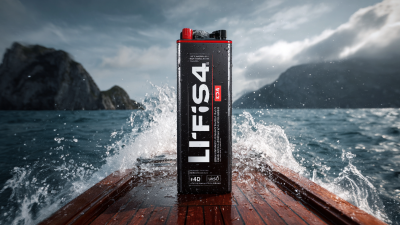
Exploring the Unique Features and Applications of the Best 51.2v Lifepo4 Boat Battery for Global Buyers
-

How to Choose the Right 51.2V Lifepo4 Boat Battery for Your Needs
-
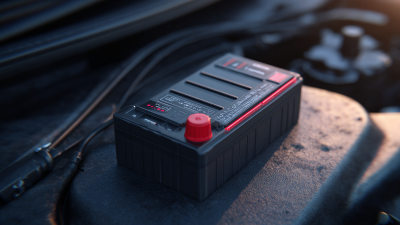
6 Tips to Maximize the Lifespan of Your Automobile Start Lithium Battery
-
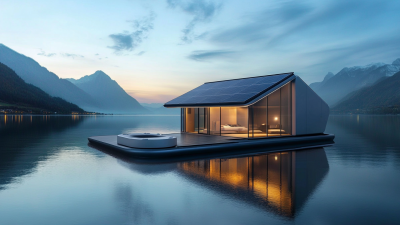
7 Innovative Household Energy Storage Battery Solutions You Can't Afford to Miss
-

What Makes Car Start Lithium Batteries Essential for Modern Vehicles







